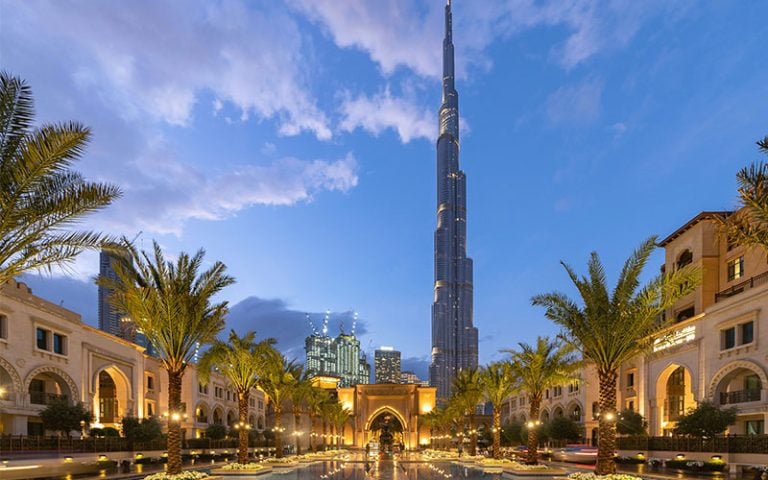Dubai is among the most visited destinations in the world. Known as the City of Gold, Dubai is the shining jewel of the United Arab Emirates. It is renowned for its rich culture, luxury experience, and stunning landscapes. Millions of travellers worldwide visit the city for an unparalleled experience. However, your experience is significantly impacted by how well you plan for your trip. To have a remarkable time in Dubai, it is essential to plan thoroughly whether you’re visiting for business or leisure. Here are crucial travel tips that all visitors need to know to navigate Dubai like a pro.
1. Timing Is Everything: Visit During the Cooler Months
Dubai experiences intense heat, so the best time to go is during the winter months (November to March). This is when the temperatures are milder, making it the ideal time for sightseeing and desert adventures. However, this is also peak tourist season, which means larger crowds and inflated prices. If you want to avoid the higher prices and don’t mind the intense heat, consider visiting in summer (June to August).
2. Pack Smart for the Climate
As previously mentioned, Dubai mostly has a hot and arid climate. Therefore, light, breathable clothing is essential. However, consider packing a jacket or a shawl; it may be necessary because while outside is hot, the buildings are air-conditioned. Additionally, be sure to include modest clothing that covers your shoulders and knees, especially if you plan on visiting mosques or cultural sites.
3. Respect the Local Culture and Dress Code
Dubai values modesty, as Islamic traditions remain at the core of its culture. It is essential to dress modestly in public settings. While women should wear dresses, skirts, or pants that cover the knees, men must not go shirtless. The only places where revealing clothing is acceptable are at beaches. Women can wear swimsuits, and men can go shirtless. Wearing revealing clothing anywhere else, like malls, restaurants, and government buildings, is frowned upon.

4. Getting Around: Use Public Transport & Ride-Sharing Apps
Dubai boasts an efficient transportation system. Rather than taking traditional taxis that can come with high fares, you can consider travelling with Dubai Metro, or you can arrange drives with ride-sharing services like Uber and Careem, which are all cost-effective.
5. Avoid Overpriced Tourist Restaurants: Eat Like a Local
Dubai has an excellent culinary scene that all visitors must experience. The rich cuisine can be enjoyed at Michelin-starred restaurants or budget-friendly local restaurants. If you want to cut back on expenses, you can visit places like Al Karama and Deira for delicious and affordable meals.
6. Know the Free and Budget-Friendly Attractions
While the luxurious side of Dubai is often highlighted, many amazing attractions are free and budget-friendly. Some of these attractions include the Dubai Fountain Show, the historic Al Fahidi neighbourhood, and the Dubai Marina.

7. Stay Hydrated but Avoid Public Drinking
When going sightseeing or enjoying fun adventures outdoors, it is best to have water to keep hydrated under the intense heat. However, it is crucial to remember that drinking in public, even if it is water, is strictly prohibited during Ramadan. Additionally, the legal age for drinking alcohol is 21. Alcohol is available in licensed venues, like hotels and bars. Ensure you drink responsibly because public intoxication is illegal in Dubai, and you can face severe penalties for breaking this law.
8. Be Mindful of Public Behavior and Laws
Dubai has strict laws about what is appropriate in public. Things like swearing, offensive gestures, and even public displays of affection (PDA) are considered inappropriate, leading to fines or legal penalties. Additionally, Dubai has zero tolerance for drug possession, which means the offender may be imprisoned.
9. Basic Arabic Phrases to Know
You can enhance your experience in Dubai by mastering certain Arabic phrases. English is widely spoken in Dubai, but including phrases like Shukran (Thank you), Min fadlik (Please), La (No), Na’am (Yes), and As-salamu alaykum (Peace be upon you) when speaking with locals will improve your interactions.

